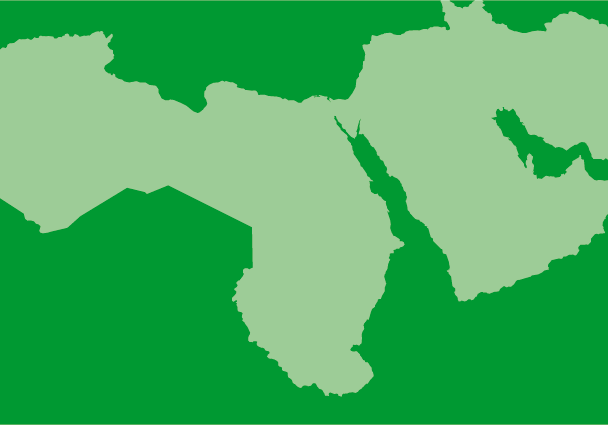
May 9, 2014
The ICJ, together with Palestinian and other international human rights organizations, today urged the Palestinian President, Mahmoud Abbas, to pursue the jurisdiction of the International Criminal Court (ICC).
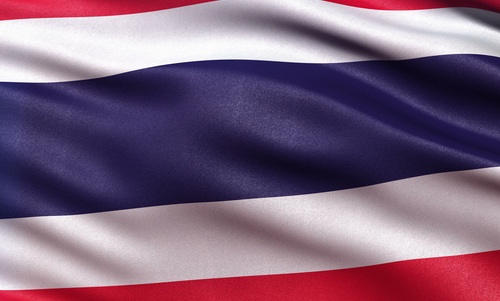
Feb 6, 2014
The ICJ called on the Thai government to ensure that it will continue investigating the enforced disappearance of lawyer Somchai Neelapaijit, who has not been seen since 12 March 2004.
In Geneva yesterday, the ICJ informed the United Nations Working Group on Enforced and Involuntary Disappearances (WGEID) that it was alarmed by reports that Thailand’s Department of Special Investigations (DSI) was considering closing the investigation into Somchai’s enforced disappearance.
The ICJ also shared with the WGEID an open letter to the DSI and the Royal Thai Government raising its concerns, and making a number of recommendations for Thailand to comply with its international obligations, including those under the International Covenant on Civil and Political Rights (ICCPR), the International Convention Against Torture, and the International Convention for the Protection of All Persons Against Enforced Disappearances, which Thailand has signed but not yet ratified. (Letter attached)
“It’s clear that the fate of Somchai Neelapaijit remains of concern inside Thailand and to the international community,” said Matt Pollard, the ICJ’s UN Representative in Geneva. “The DSI must continue to investigate this case because after 10 years, the family is still waiting for the full truth about what happened, and no one has been brought to justice for his enforced disappearance.”
In its letter to the DSI and the Royal Thai Government, the ICJ said: “As a party to both the ICCPR and the Convention against Torture, and signatory to the Convention against Enforced Disappearance, the authorities in Thailand are obligated to ensure that a thorough, independent and impartial investigation is conducted into all cases of alleged enforced disappearance, that those responsible are brought to justice and punished in a manner that is consistent with the gravity of the crime, and that the victims of the crime, including surviving family members, have access to effective redress, and receive adequate reparation.”
“The UN Working Group on Enforced Disappearances has demonstrated a deep commitment to the case of Somchai Neelapaijit since first being made aware of it in 2005,” said Pollard. “The ICJ appreciates the Working Group’s continuing efforts to ensure that the Thai Government properly investigates this case, prosecutes those responsible, and provides for the protection of anyone who remains at risk of intimidation or reprisals for seeking justice.”
For the full text of the ICJ’s open letter, download
Thailand-Open-letter-Somchai-Advocacy-2014
Contact:
Matt Pollard, ICJ Senior Legal Adviser, UN Representative, Centre for the Independence of Judges and Lawyers (Geneva), t:+41 792465475 email: matt.pollard(a)icj.org
Craig Knowles, ICJ Media & Communications, (Bangkok), t:+66 819077653, e-mail: craig.knowles(a)icj.org
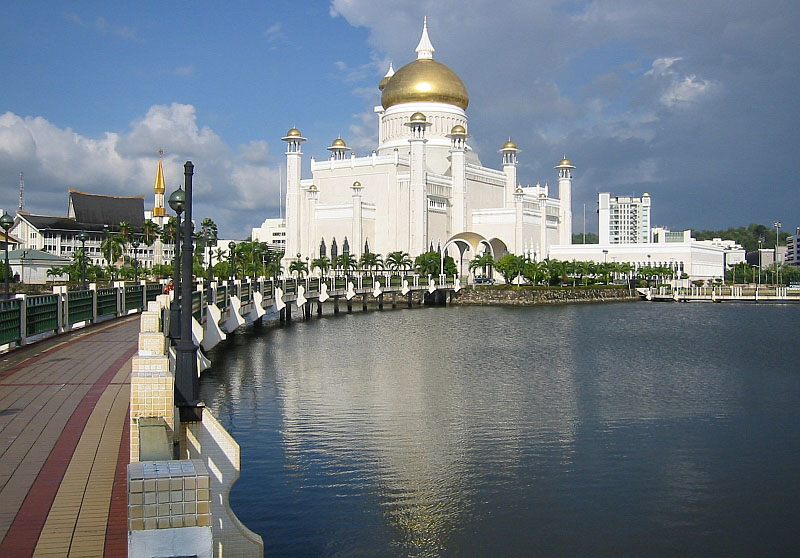
Jan 27, 2014
The ICJ deplores the recent enactment of a new penal code by Brunei Darussalam.
If implemented, the code would lead to serious human rights violations by reintroducing the death penalty and imposing other cruel and inhuman punishment including stoning, even for conduct that should not even be considered criminal.
In an open letter to Prime Minister, H.M. Haji Hassanal Bolkiah, the ICJ also stressed that the Syariah Penal Code Order 2013 is clearly incompatible with international human rights law and standards that prohibit discrimination against women and protect the rights to religious freedom and freedom of opinion and expression. The law also criminalizes adultery, extramarital sexual relations and consensual same-sex conduct, in contravention of international standards.
“These provisions in the 2013 Penal Code are a serious step back for Brunei,” Sam Zarifi, ICJ regional director for Asia & the Pacific, said in the letter. “These provisions are not in accord with the commitment made by Brunei as a member of the Association of Southeast Asia Nations to promote and protect human rights in the region.”
The 2013 Penal Code, enacted by the government of Brunei Darussalam in October 2013, is due to take effect in April 2014.
The ICJ condemns the adoption of provisions of the 2013 Penal Code that reintroduce the death penalty after years of an effective moratorium in the country, and provide for stoning and other forms of torture and ill treatment for a range of conduct, some of which should not be criminalized at all.
The ICJ noted the 2013 Penal Code provides for the death penalty as a possible penalty — for both Muslims and non-Muslims — for the crimes of robbery (Article 63), rape (Article 76), adultery and sodomy (Article 82). It also is prescribed as a penalty — for Muslims only — upon conviction for acts constituting extramarital sexual relations (Article 69).
“The 2013 Penal Code also specifies that a manner by which capital punishment is to be imposed for rape, adultery, sodomy and extramarital sexual relations is stoning to death, a particularly horrific form of torture and execution,” Zarifi said. “The death penalty, in any circumstance, is a form of torture and inhumane treatment, and its reintroduction in the 2013 Penal Code is out of step with the global trend towards and abolition of the death penalty and the establishment of a moratorium on execution.”
Brunei Darussalam has not carried out the death penalty since 1957 and has been viewed as de facto abolitionist.
Brunei Darussalam is a member of ASEAN, which also comprises Cambodia, Indonesia, Lao PDR, Malaysia, Philippines, Singapore, Thailand and Vietnam.
Brunei-New Penal Code Open Letter-advocay-2013 (PDF file of open letter)
CONTACT:
Sam Zarifi, ICJ Asia-Pacific Regional Director, (Bangkok), t:+66 807819002, e-mail: sam.zarifi@icj.org
Craig Knowles, ICJ Media & Communications, (Bangkok), t:+66 819077653, e-mail: craig.knowles@icj.org
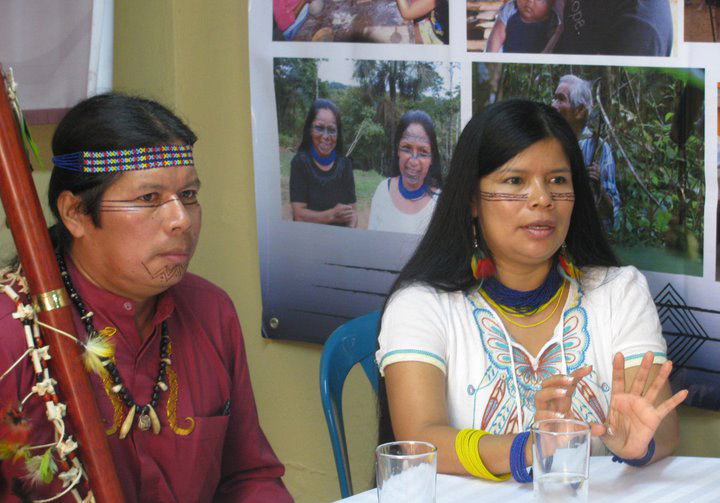
Dec 10, 2013
La CIJ se suma al pronunciamiento de la Coalición Internacional de Organizaciones por los Derechos Humanos en las Américas y muestra su profunda preocupación por el cierre de la Fundación Pachamama en Ecuador.
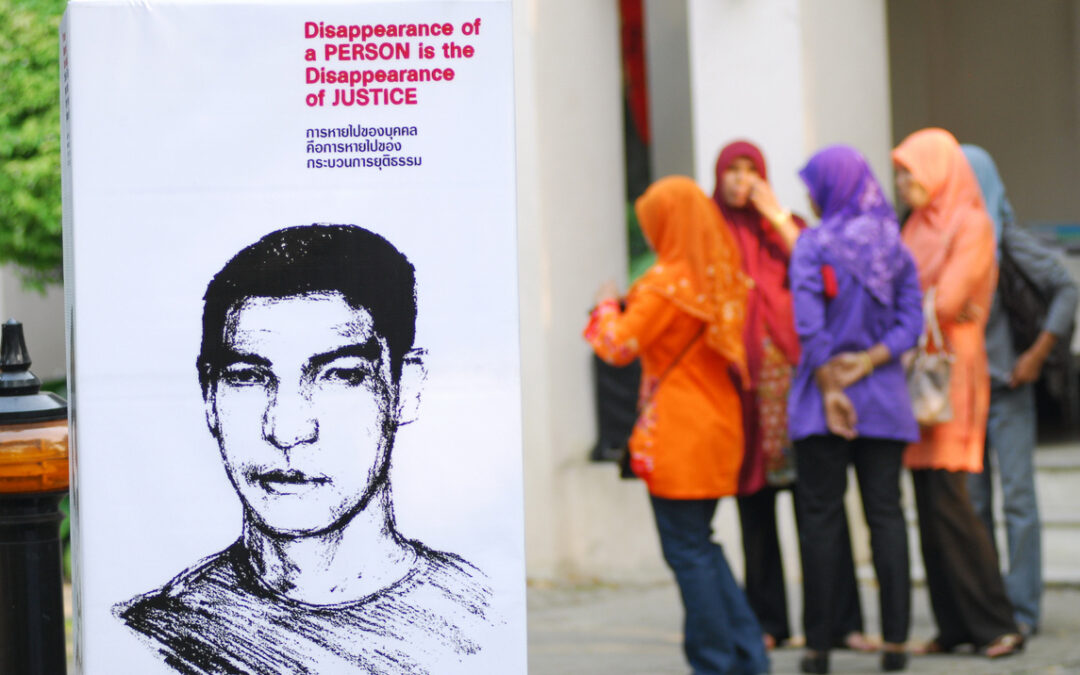
Dec 10, 2013
On the occasion of the International Human Rights Day, the ICJ sent an open letter to the three top parties elected in Nepal’s recent election.
The ICJ calls on the Nepali Congress, the Community Party of Nepal (UML) and the United Communist Party of Nepal (Maoists) as well as the members of the other political parties elected to the Constituent Assembly, to work together to end impunity for gross violations of human rights a priority.
Nepal-Letter to Parties and Congress-Advocacy-open letters-2013 (download in pdf)









